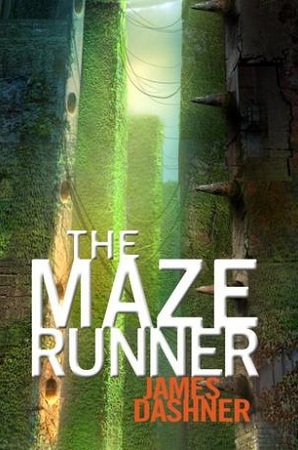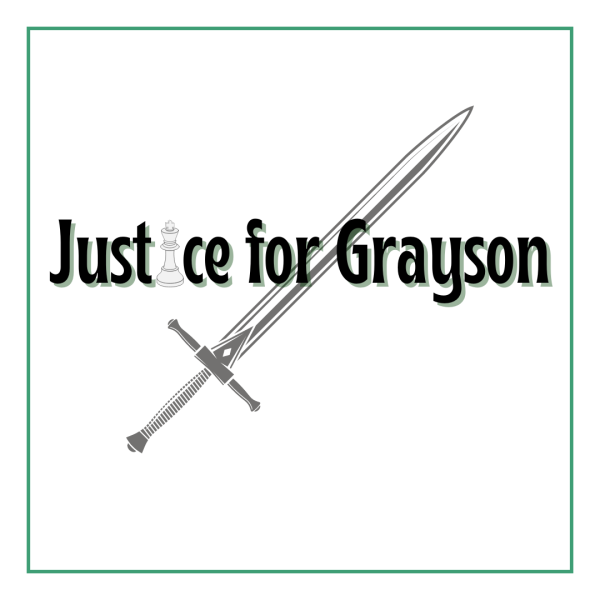Critiques of the best summer reads

“I was gawky and she was gorgeous and I was hopelessly boring and she was endlessly fascinating. So I walked back to my room and collapsed on the bottom bunk, thinking that if people were rain, I was drizzle and she was a hurricane.” – John Green, Looking for Alaska
Like most John Green books, Looking For Alaska is a work of realistic fiction, with a little romance and comedy weaved in. The reader feels extremely connected to the main characters and begins to feel their pain and their happiness on a deeper level throughout the story. There is a countdown leading up to the main event, and then the novel counts away as it moves forward from this event, so the suspense continually builds throughout the novel. But fair warning: this is not a light book. Green does a great job of handling the recurring themes of the meaning of life and death’s inevitable role in the human experience. He also touches on themes such as independence, guilt and self-discovery. The characters find themselves unprepared for the circumstances that await them. This forces them to grow up later, rather than sooner, after a personal tragedy has occurred in each one’s life. The uncertain but lovable characters make the story remarkably relatable. None of them are perfect, and they are all trying to find their places in the world. Like all teenagers, they think they are invincible, until tragedy strikes and forces them to wake up; this amazing story makes the reader come to terms with reality. As Green writes in the novel, “It always shocked me when I realized that I wasn’t the only person in the world who thought and felt such strange and awful things.”
“Just follow me and run like your life depends on it. Because it does.” – James Dashner, The Maze Runner
In The Maze Runner, James Dashner intertwines codes, riddles and mysteries for the reader to solve. In the beginning, even the characters are virtually clueless as to what’s going on. Because of this, the first few chapters are a bit slow. In addition, the main character is rather repetitive (“What is going on? Why won’t anyone answer my questions?”). The story is definitely plot-based, which makes the reader feel somewhat detached from the characters. However, unlike in stories where the structure of society falls apart, the boys in The Maze Runner actually band together to make a community for themselves, even when disaster strikes. The novel emphasizes that nothing is purely good or purely evil. Dashner does a great job of keeping the reader guessing what’s going to happen next. Soon, the pieces fall into place, and the plot starts moving, making for an intense read.

Ellie is a junior and a first-year staffer for the Standard, and is constantly looking for a new adventure. Her hobbies include going on road trips with...












